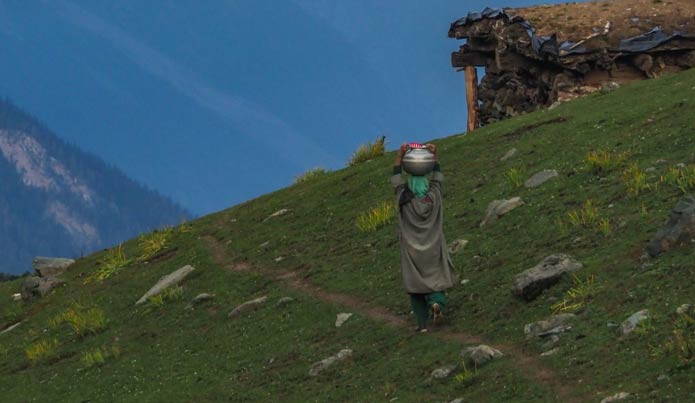Conducting feminist research during lockdown

The COVID-19 pandemic is now a worldwide social, economic, and political crisis, but not everyone is affected in the same way, Kuntala Lahiri-Dutt, Arnab Chakraborty, and Sourav Bag write.
The severity of COVID-19’s effect differs by race/ethnicity, age, and gender, and reports suggest that some women have been hit more than the others, with those who are also poor or disadvantaged in other ways experiencing the worst outcomes.
So how do the intersectional identities of women determine their experience of COVID-19, and how can qualitative researchers now continue to engage with research participants in remote communities to know if they are coping well? International travel restrictions prevent us from flying, and the lockdown in India rules out field visits, but there are other ways to do this.
Rapid Phone Appraisal (RPA) is a tool that allows researchers to investigate, from the perspective of intersectionality, how women are coping with the impacts of COVID-19 on their food security. In implementing RPA, we chose Chakadoba, one of the most remote villages in India, 44 kilometres from Bankura town, a district headquarters in West Bengal. We used the tool to ask women about their experience of COVID-19 and its impact on their lives and livelihoods.
The results of the study are still coming in, but a look at its methods can explain the usefulness of RPA to researchers who cannot visit their ‘field’ but still need data.
Rapid appraisals have a long history of application in social science research, and the RPA draws on participatory rural appraisal (PRA) –a range of approaches, methods and tools used by field researchers to encourage local communities to analyse and assess diverse local conditions. Development researcher Robert Chambers drew on his 1980 concept of Rapid Rural Appraisal to popularise PRA in the early 1990s.
Source: Agriculture World

